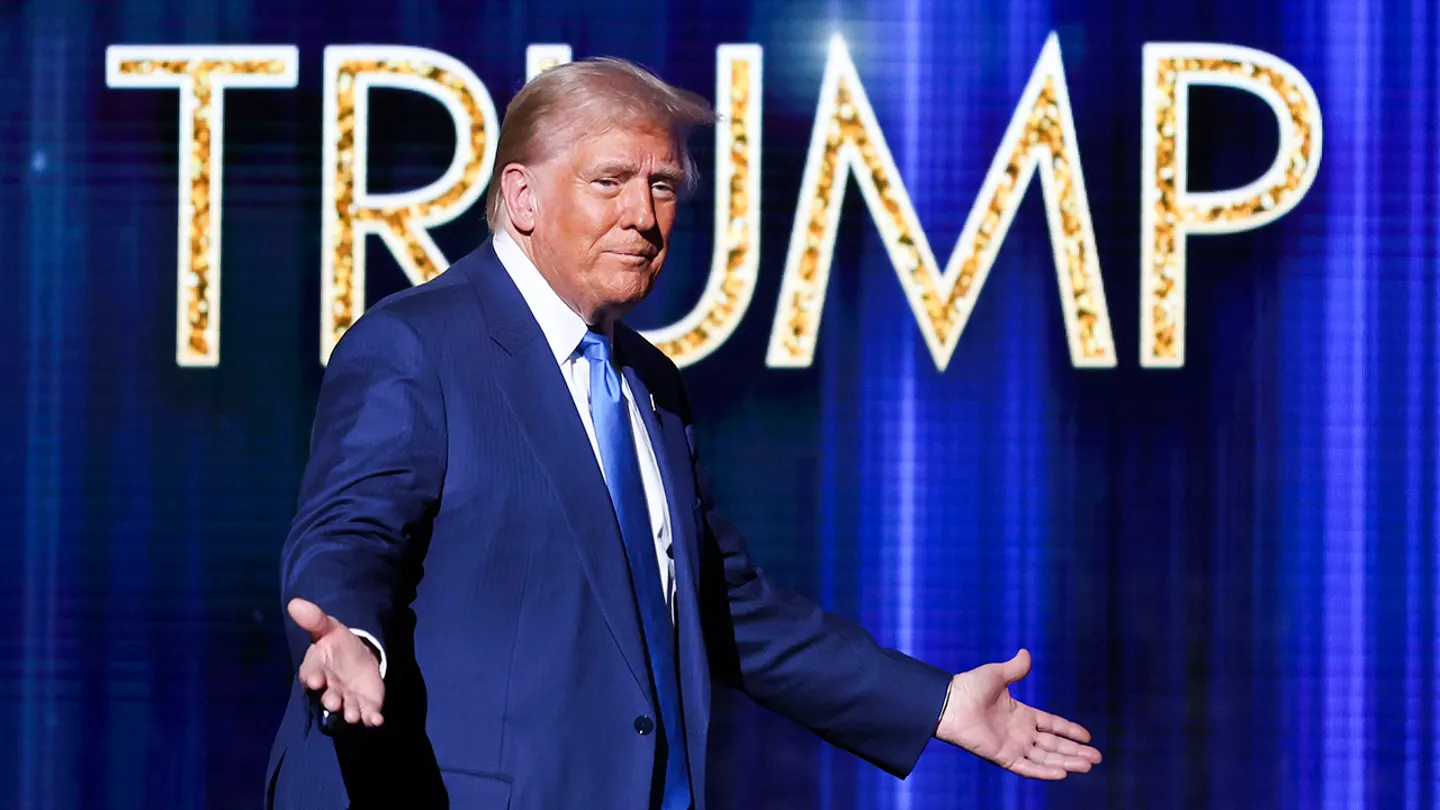Things could be moving on the hostage front. Hezbollah has separated itself from Hamas by consenting to a cease-fire. National Security Adviser Jake Sullivan has returned to the region for more discussions. Qatar kicked Hamas out and stated that it intended to resume hostage and truce negotiations. Donald Trump appointed a special envoy for captives and issued a statement warning that there would be “hell to pay” if the Hamas-held hostages were not released by his inauguration on January 20, 2025. The captives, including seven Americans – three thought alive and four tragically killed – have been held in Gaza for nearly 400 days. Will the transition between governments break the logjam and free them?
We don’t know for sure, but we can learn from history about a similar issue. Iran took over the US embassy in Iran in 1980 and held American hostages for 444 days, causing turmoil in the US election and enthralling the nation. Carter’s final year in office was spent dealing with the hostage issue. Ted Koppel’s “Nightline” began as a crisis-focused broadcast before evolving into a general-interest news program. During the first year, however, “Nightline” appeared to be a nightly review of Carter’s incompetence. Things deteriorated when Carter attempted a rescue, which proved to be an embarrassing disaster. His dovish Secretary of State, Cyrus Vance, resigned in disgust, not because the endeavor failed, but because he opposed even attempting it.
The inability to free the hostages hampered Carter’s reelection campaign. Carter’s involvement with the issue hampered his ability to campaign against Ronald Reagan, something he desperately needed to do since the situation was driving down his poll numbers. Carter’s wunderkind pollster Pat Caddell, who was only 29 years old when the hostages were abducted, protested to Chief of Staff Hamilton Jordan as election day approached that the hostage incident was killing Carter politically: “We are being murdered. All of the individuals who were waiting and holding out for a cause to vote Democratic have left us. I’ve never seen something like this in polling. We are neck and neck with Reagan until the very end, when everything goes against us. “It’s the hostage situation.”
The Reagan campaign prepared for a “October surprise.” If Carter could secure the release of the hostages before the election, would this victory shift the momentum away from Reagan?
During the campaign, Reagan wanted to avoid any actions that may be interpreted as interfering with the Carter administration’s talks to release the hostages. Reagan reminded the press that as long as there is hope for the hostages’ release, “political candidates should restrain themselves in the interest of national unity.” However, during the campaign, Reagan promised that “never again will a foreign dictator dare to invade an American embassy and take our people hostage.”
The hostage crisis was perhaps the most emblematic example of Reagan’s broader case against Carter’s ineffective leadership and foreign policy. “Foreign confidence in American leadership – to counter the forces of brutality and barbarism” , Reagan stated following the failure of Carter’s rescue bid, “will return only when we as a nation mobilize our spiritual strength, regain our economic strength, rebuild our defense capabilities, and strengthen our alliance with other peace-loving nations.”
Carter ultimately lost heavily to Reagan, but the impending change in administration injected new impetus into the attempt to free the hostages. Carter redoubled his efforts, desperate to free the prisoners under his supervision. Reagan was a fresh performer on the global stage, and the Iranians had no idea what to expect of him. Although Reagan rarely referenced the hostages during the campaign, he did respond aggressively to Carter’s late October claim that Reagan did not comprehend the situation. Reagan retaliated, stating he didn’t “understand why 52 Americans have been held hostage for almost a year now.” Furthermore, Democratic and media frenzy about Reagan as a warmonger intent on bringing about nuclear Armageddon most certainly influenced the Ayatollah’s decision to free the American hostages prior to Reagan’s inauguration.
Carter worked tirelessly on the hostage crisis in the final months of his presidency. He had his representatives negotiate what would become the Algiers Accords, which were signed on January 19, 1981. Carter slept little and received continuous updates, even late at night.
Reagan was asleep when Carter contacted him at 7 a.m. on Inauguration Day to provide an update on the hostages. Carter had been awake all night observing the negotiations. Carter called Reagan back at 8:30 a.m., saying he expected the hostages to be released that morning. Carter was unduly hopeful. The Iranians, keen to humiliate Carter further, waited until Reagan was officially inaugurated before releasing the hostages.
There is no indication that Joe Biden is working nearly as hard on the remaining American hostages held by Hamas in Gaza. Hamas, who murdered over 30 Americans, does not appear to fear or respect Biden. However, a similar dynamic may be in play. Trump’s “hell to pay” statement, as well as his meeting with captive family members, indicate increased concern for the hostages and less patience for Hamas’ reluctance to make any compromises.
The news that Hamas has presented Egypt with a list of captives it intends to include in a deal with Israel, which for the first time includes American citizens, demonstrates how President Trump’s impending return to office is affecting the hostage problem. On January 20th, we should expect more than rhetoric as President Trump, unlike his predecessor, uses the full range of America’s military, intelligence, and economic tools to liberate the hostages. What Trump does when he returns to the Oval Office may drive Hamas and its allies in Qatar and Turkey to release the prisoners before the inauguration. Nobody expects Biden, like Carter, to pull all-nighters for the hostages or any other issue in the near future. However, the echoes of the last hostage crisis could serve as a foreshadowing of what may occur this time.
